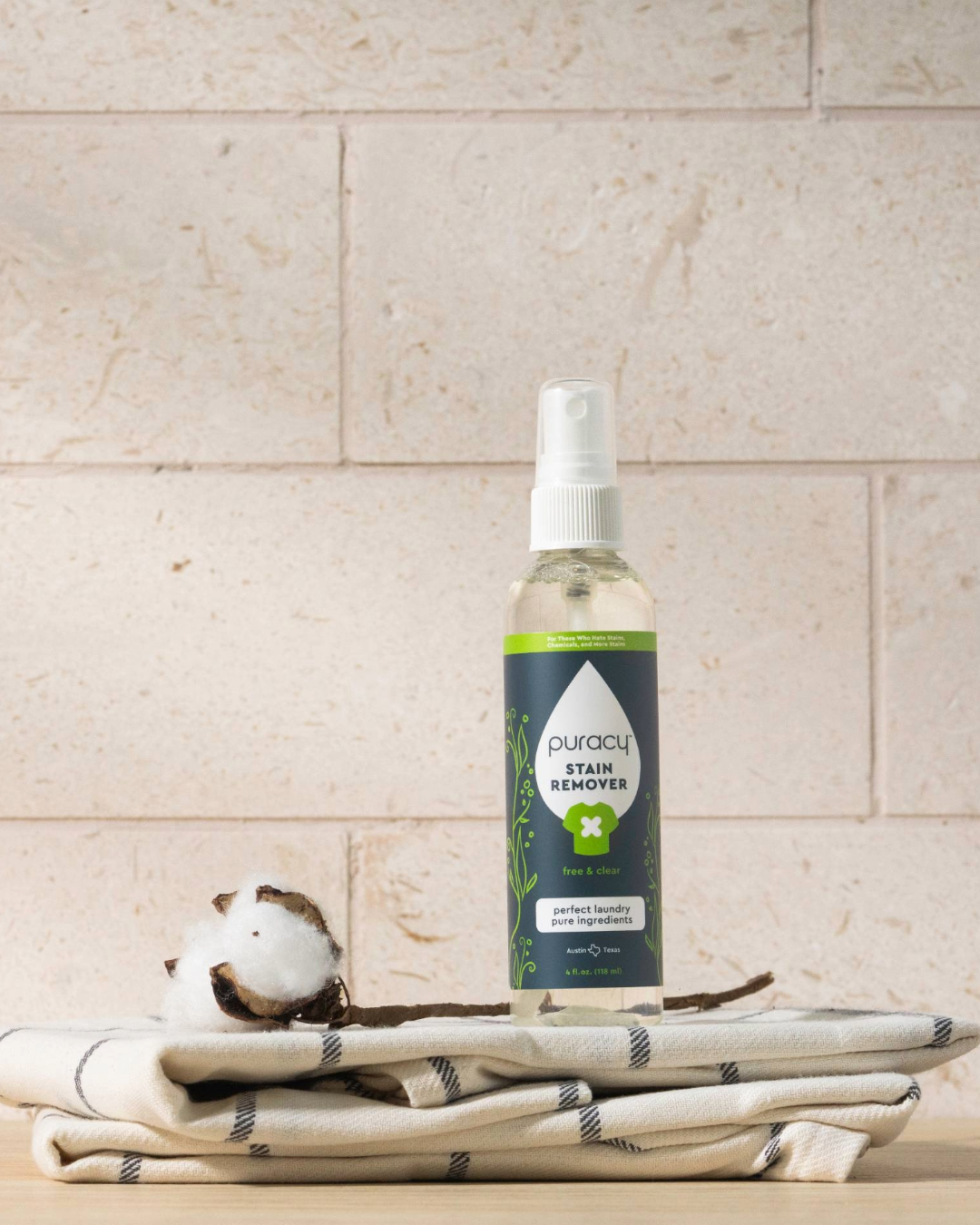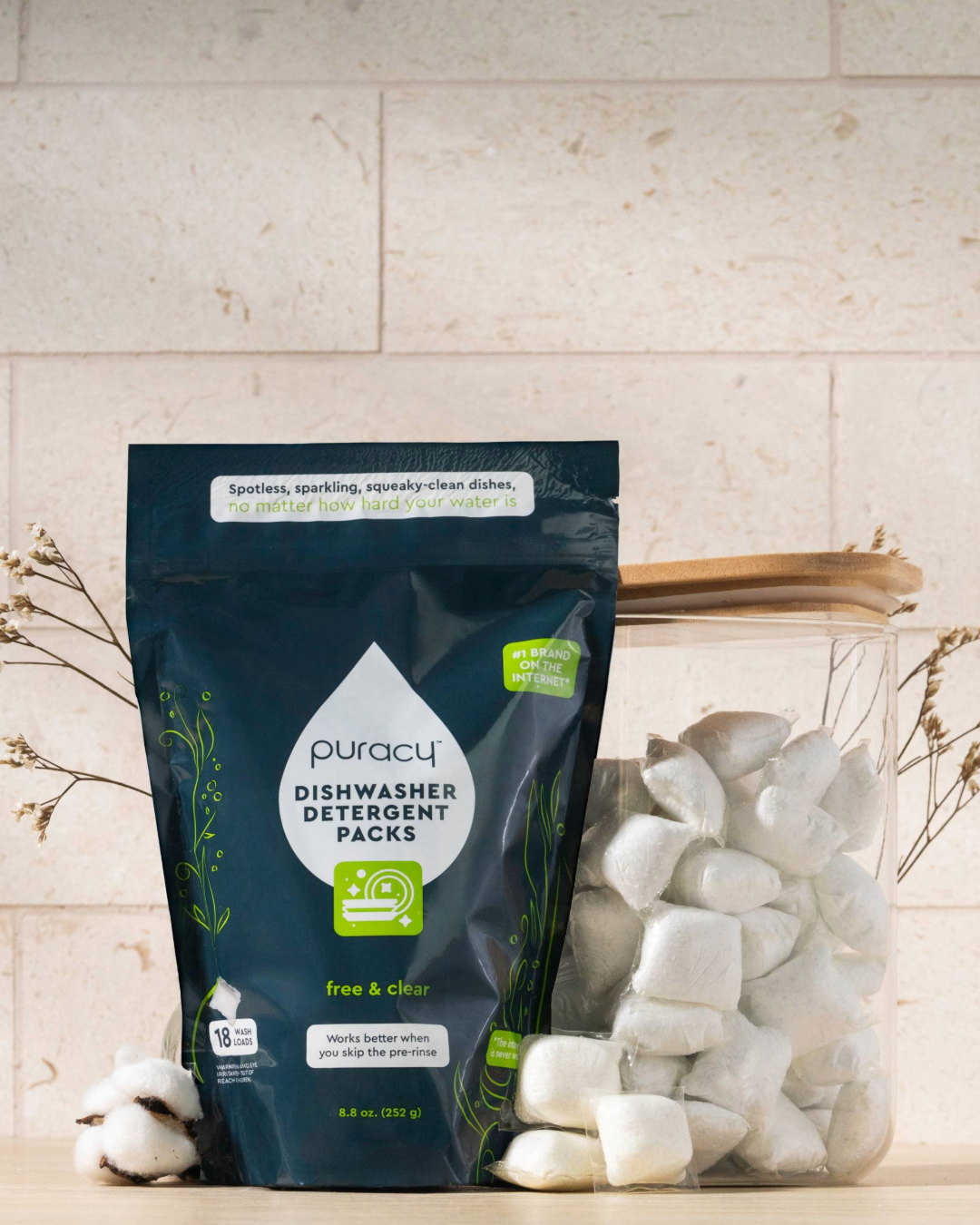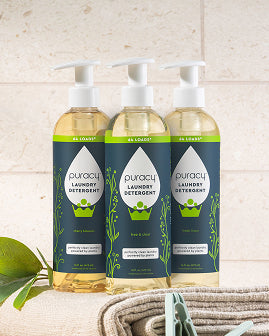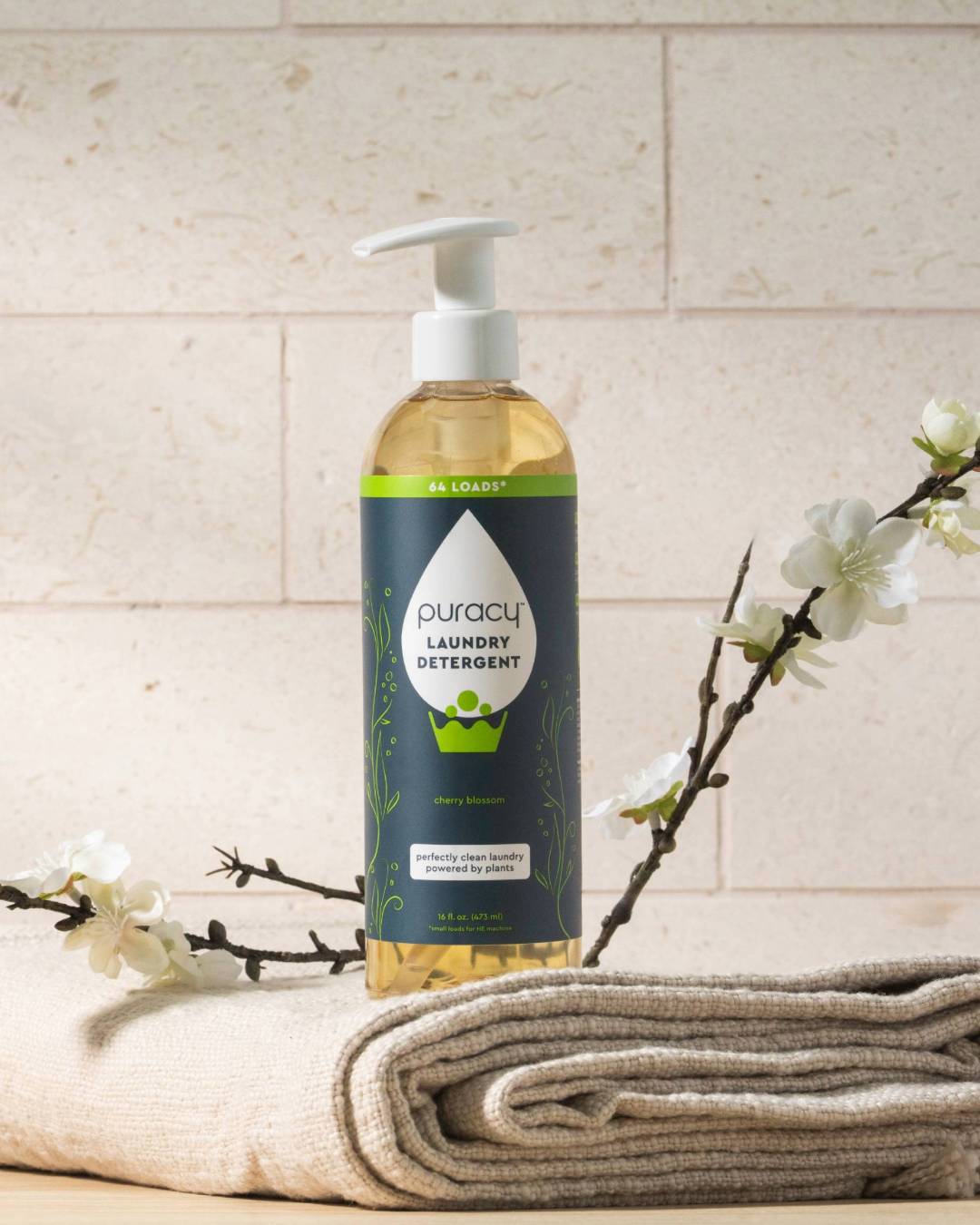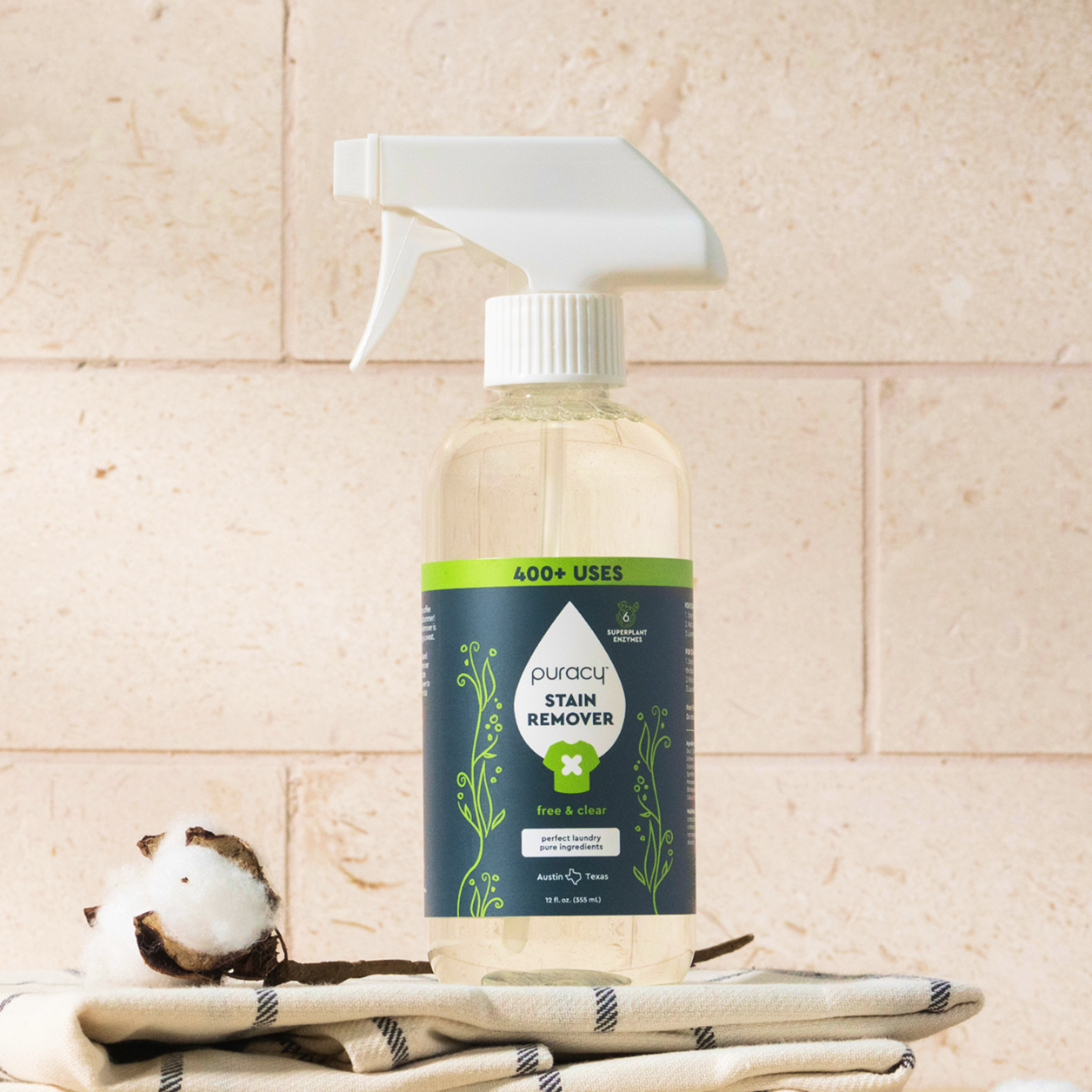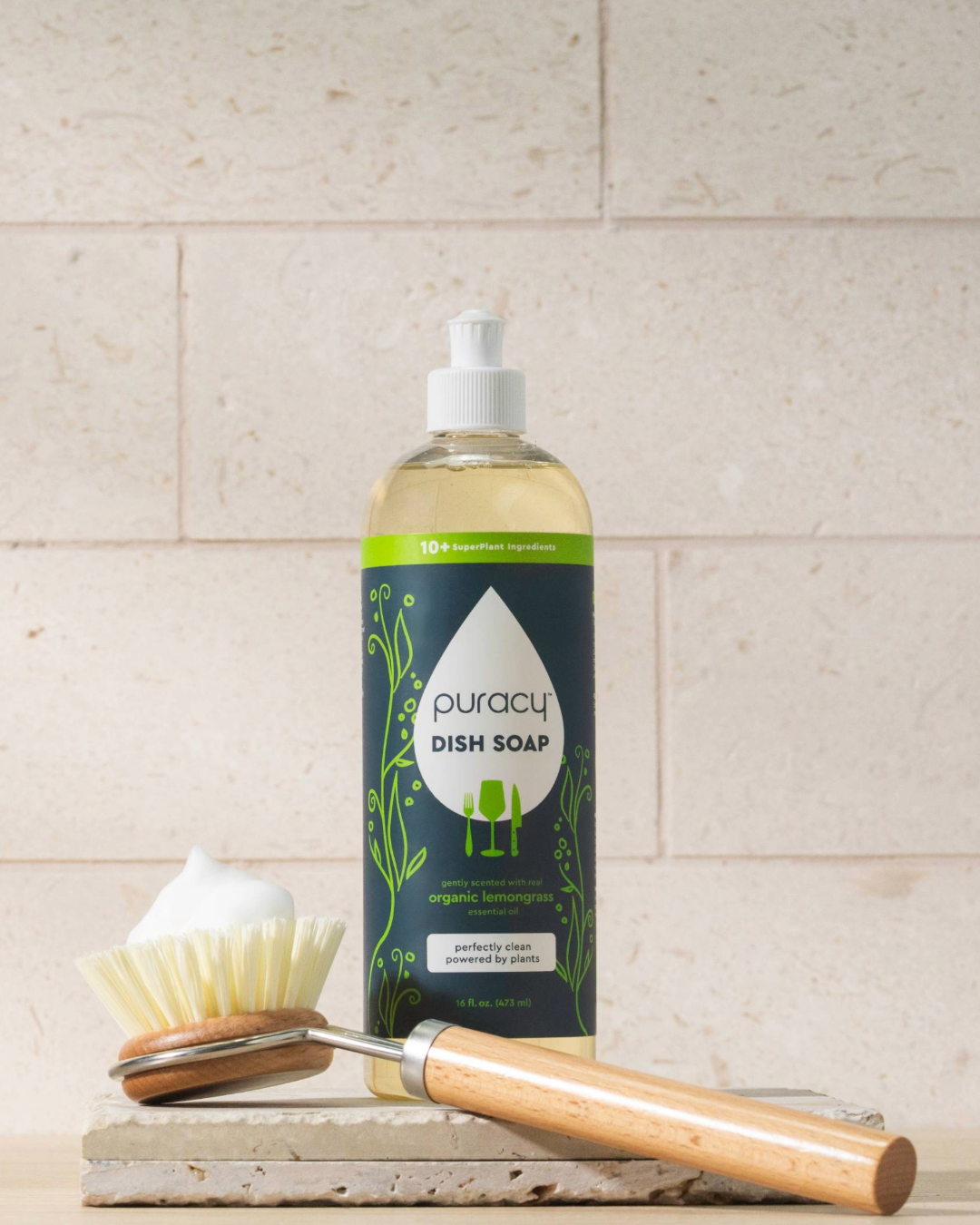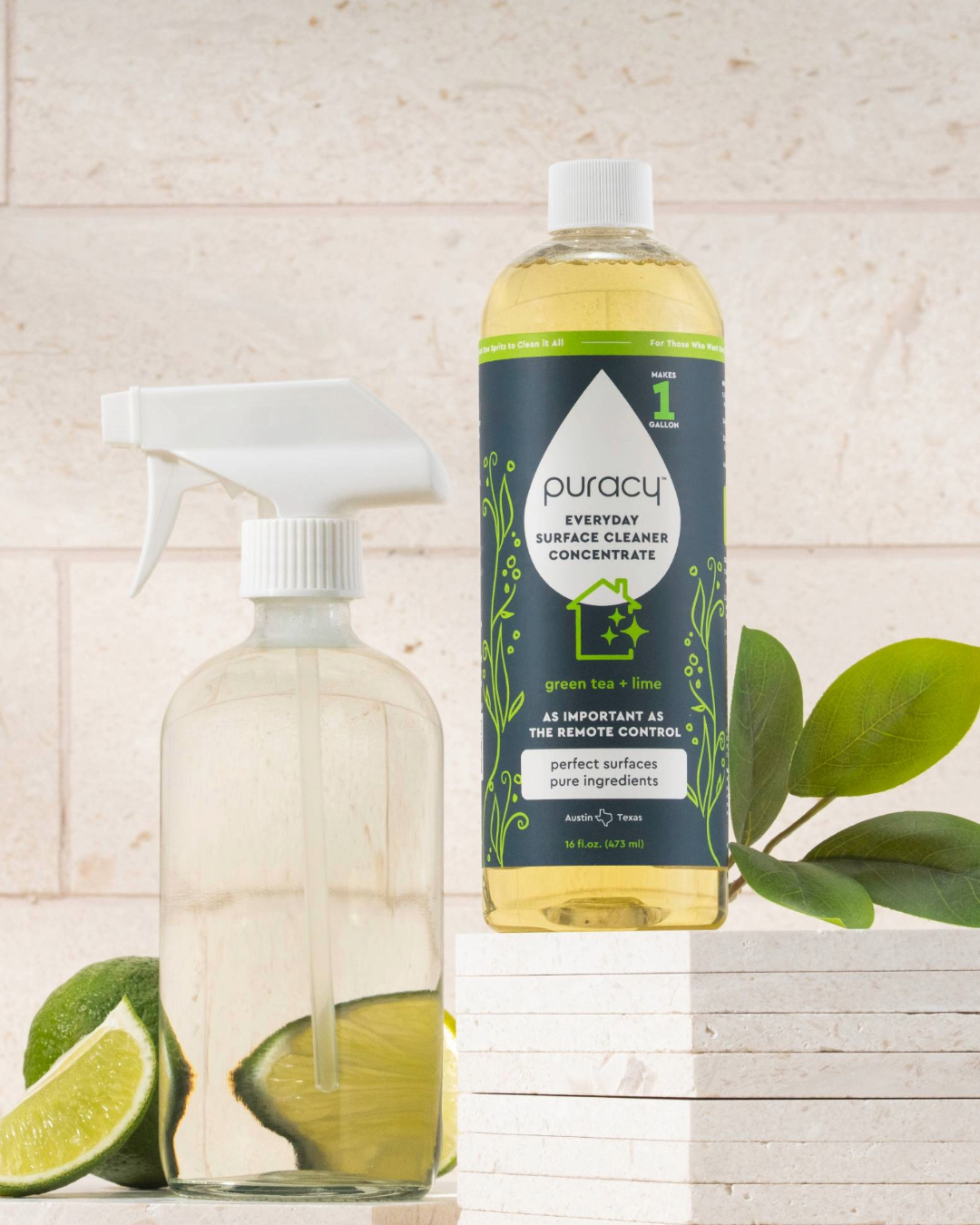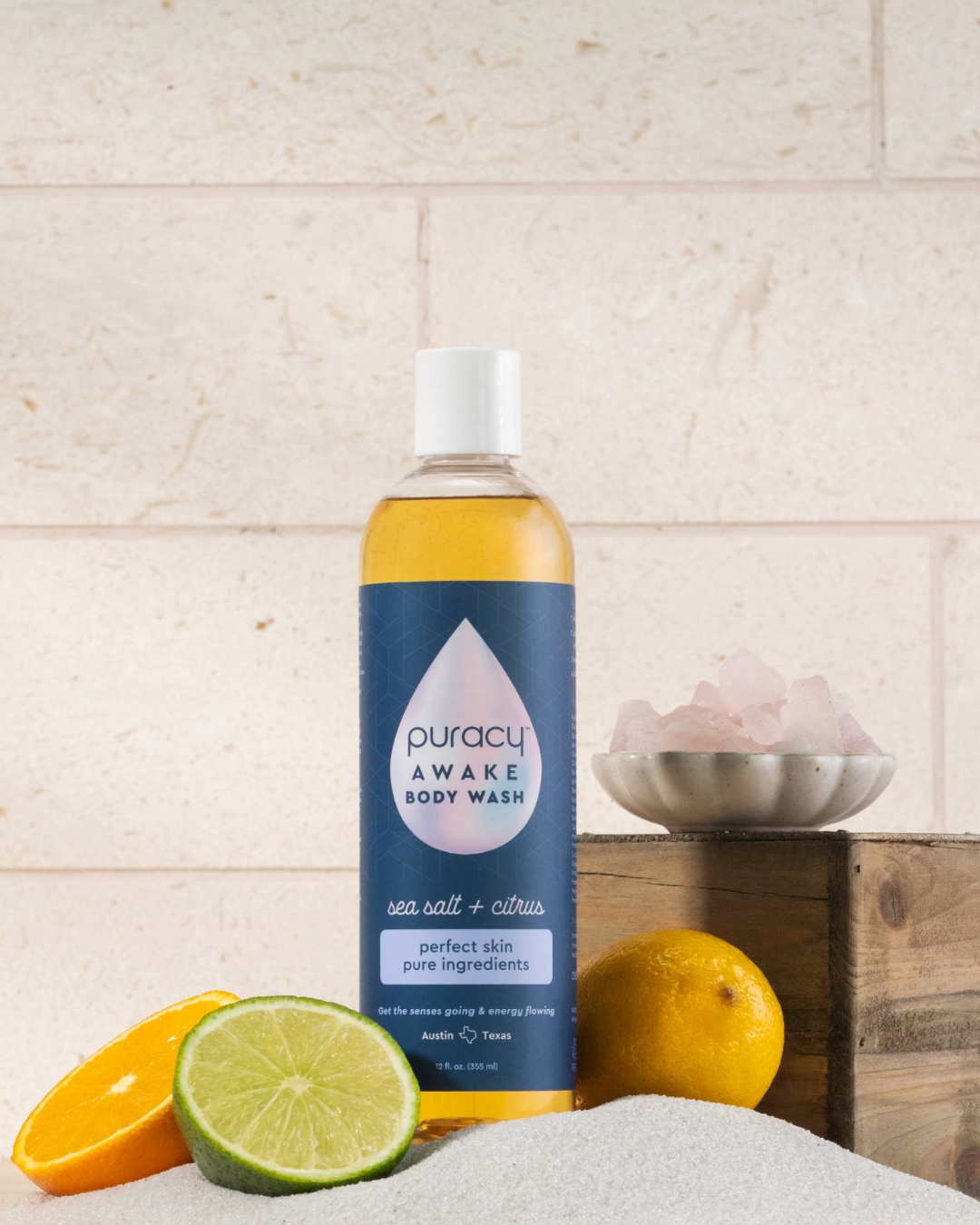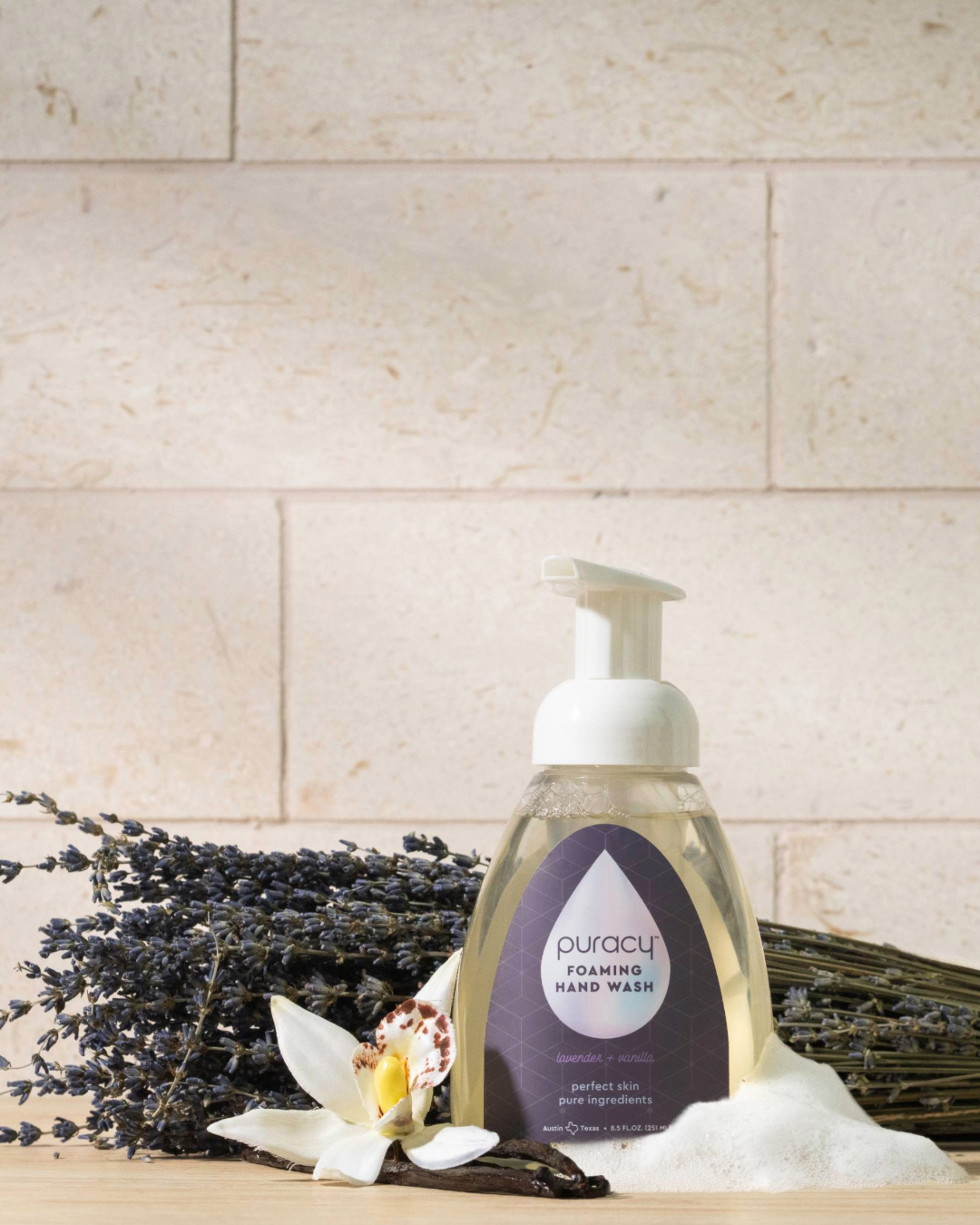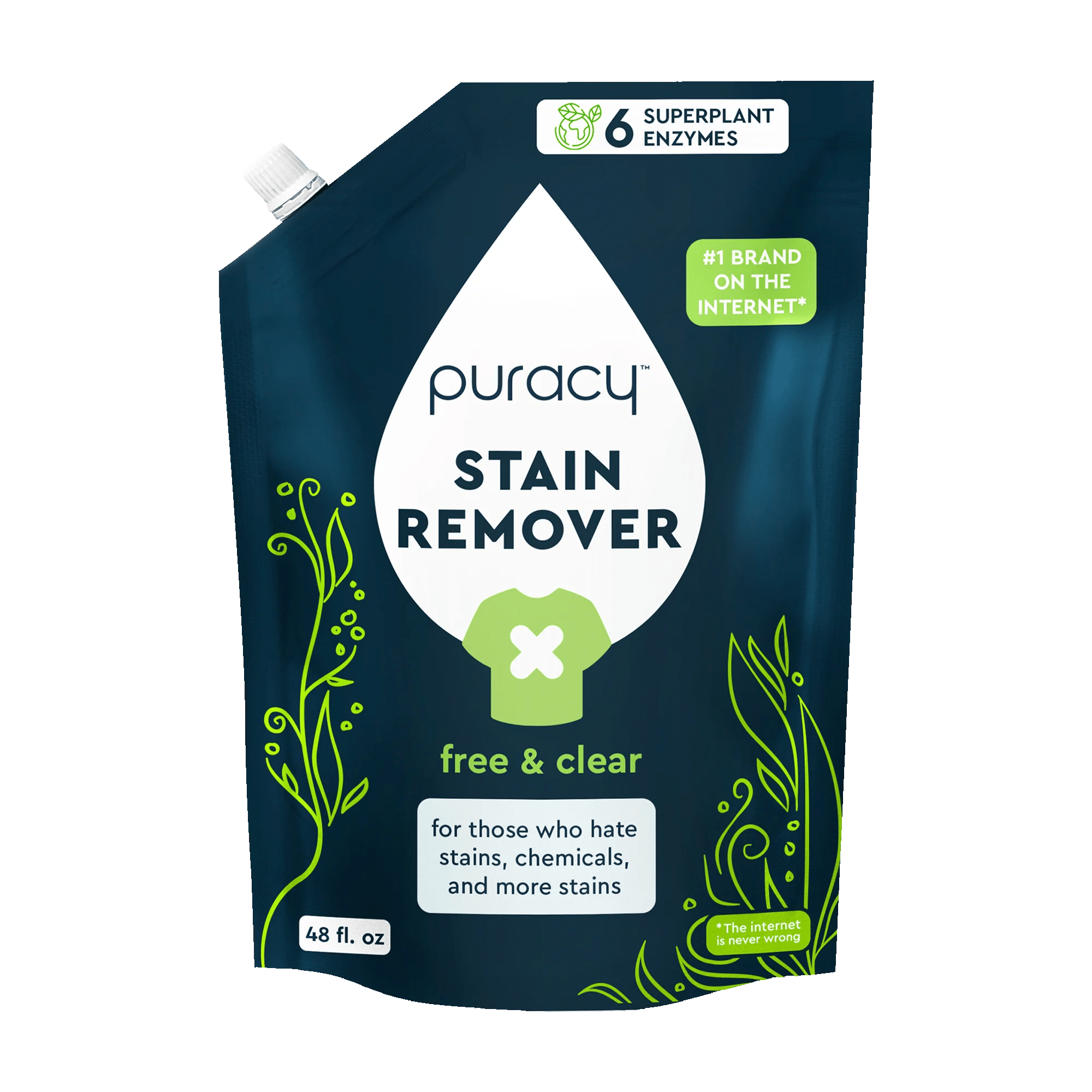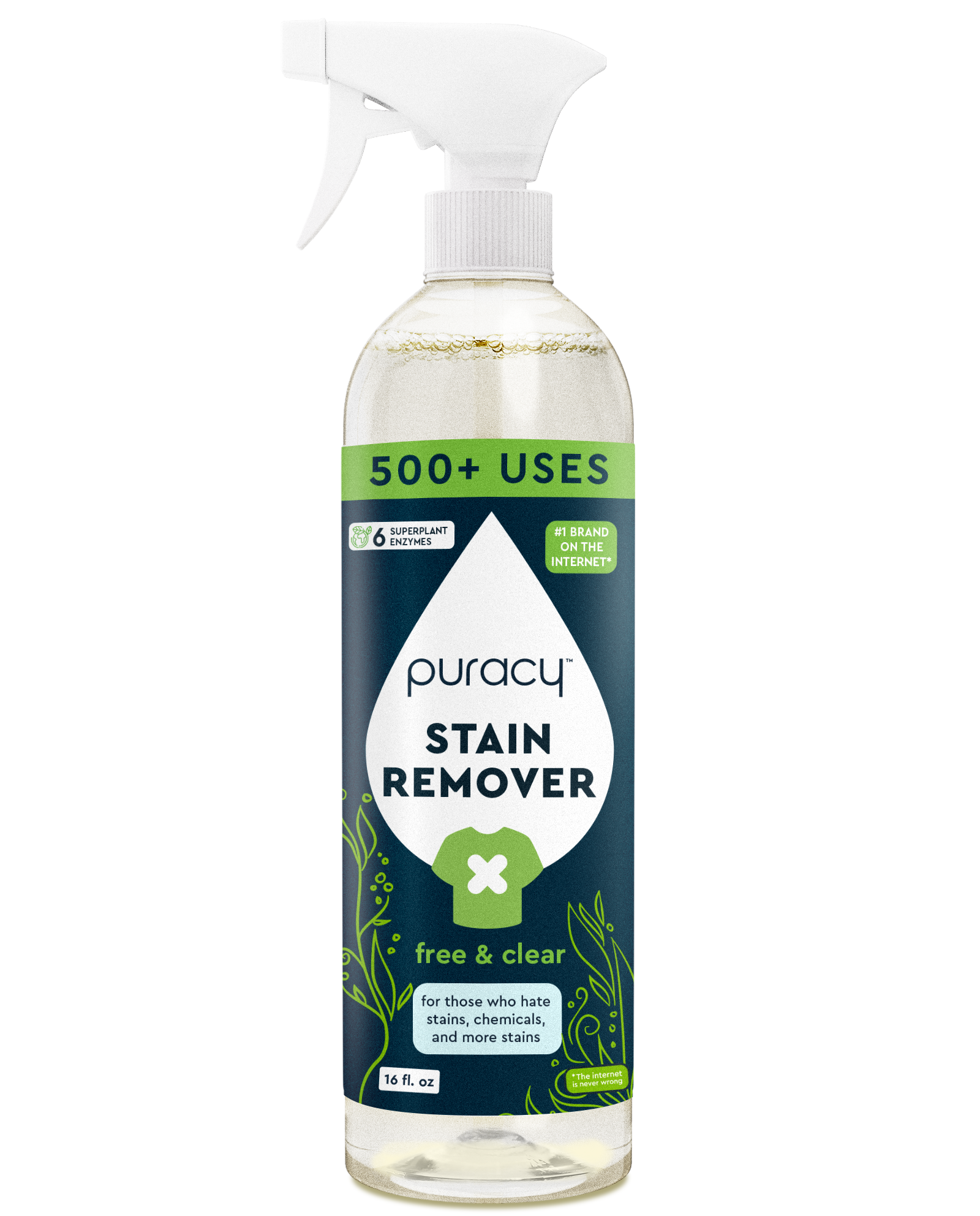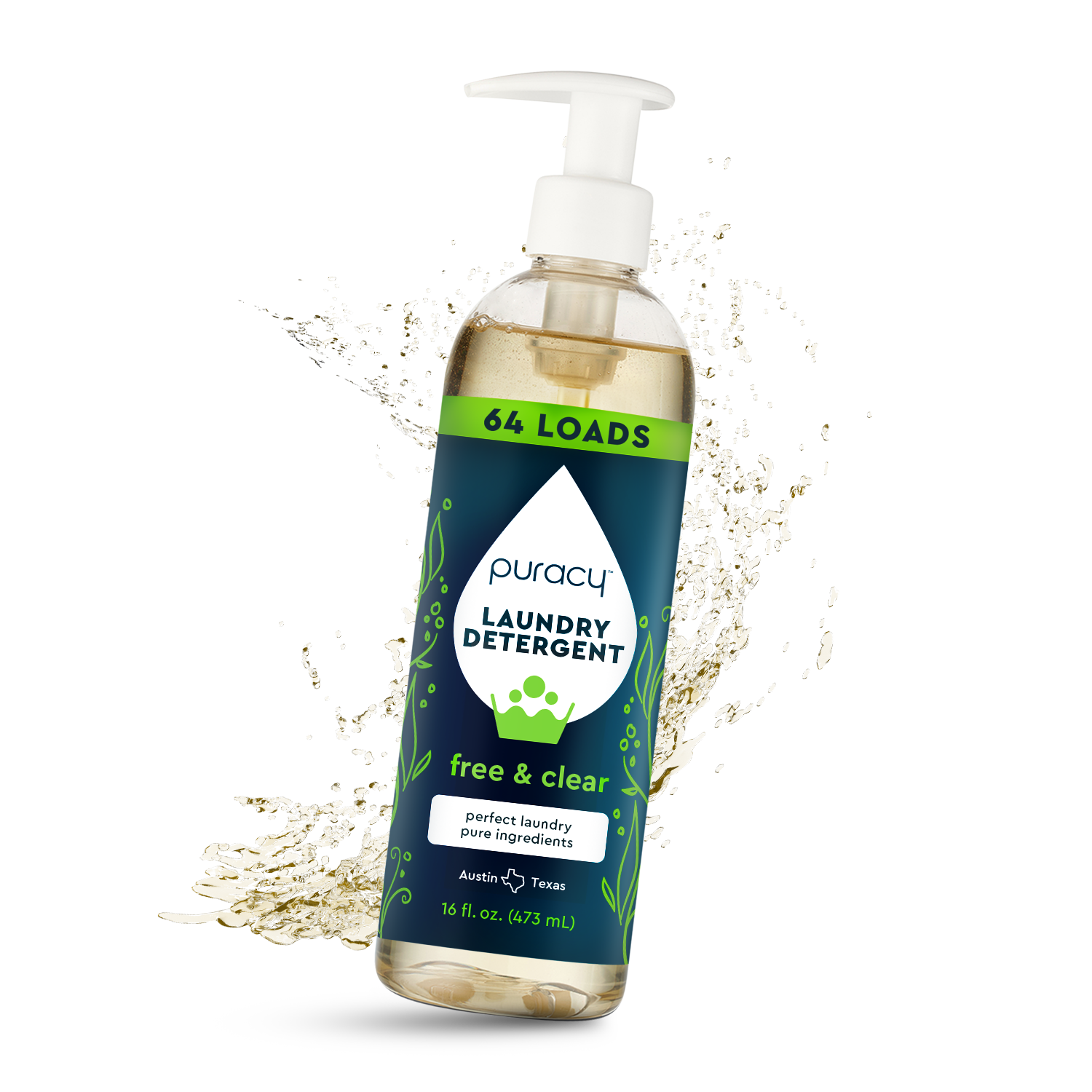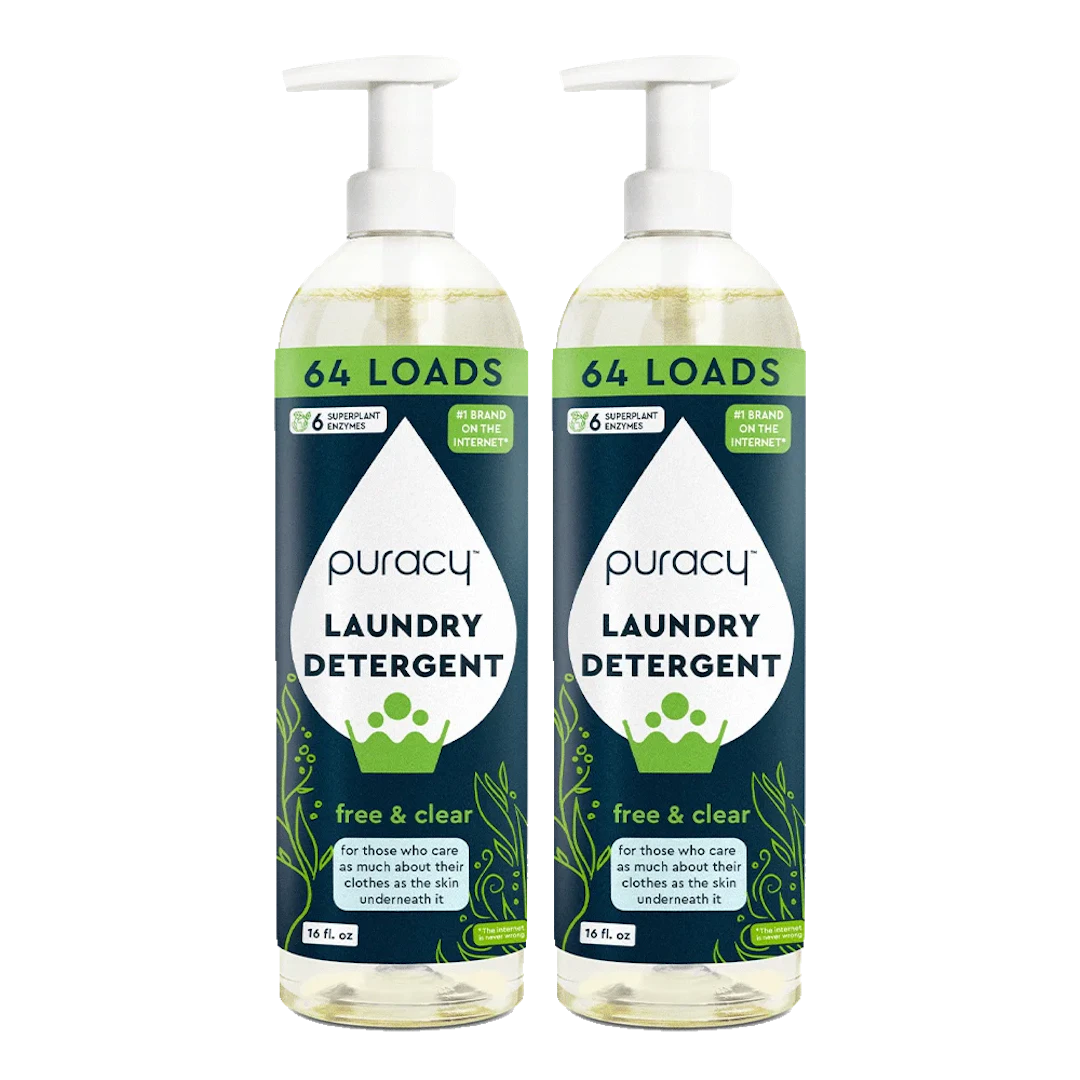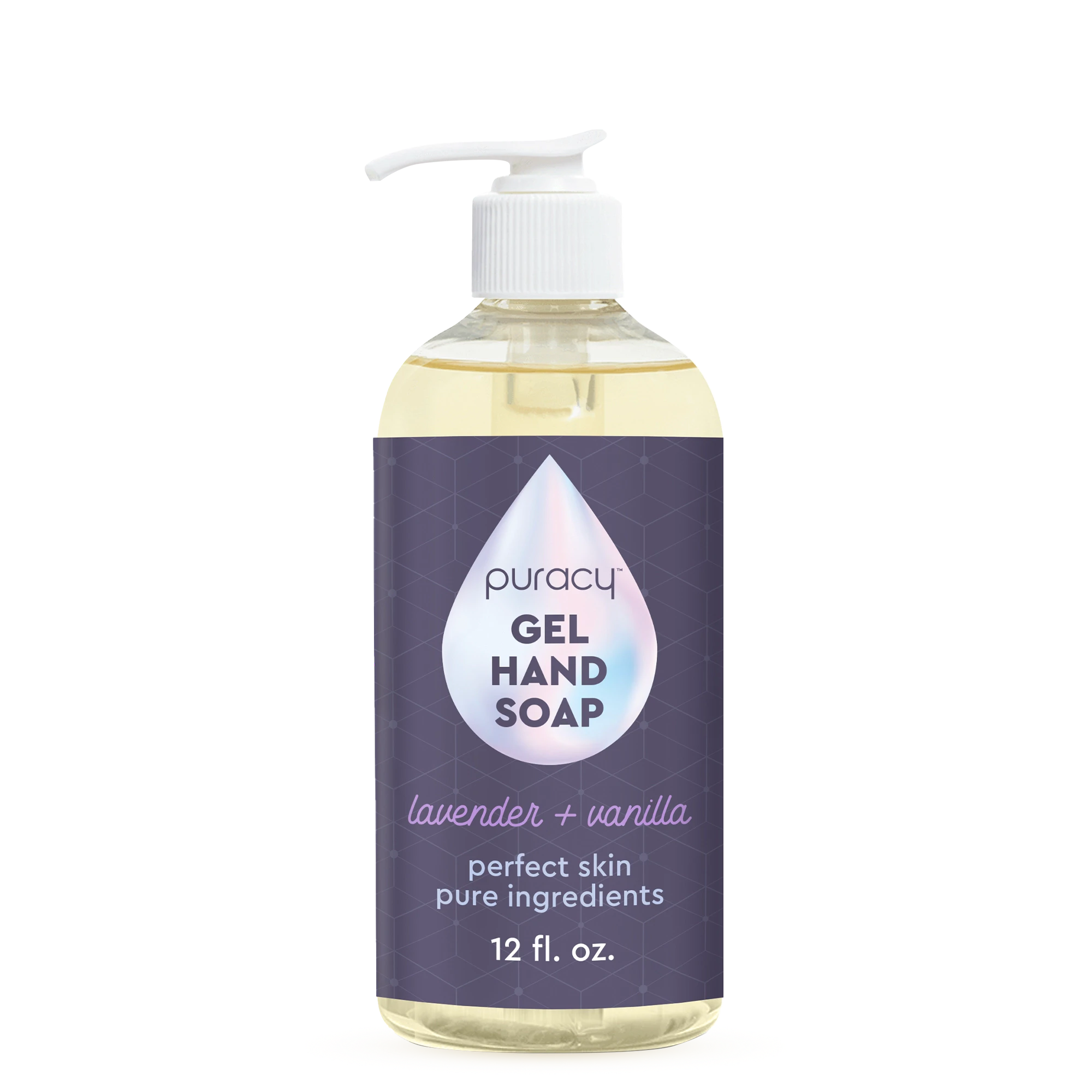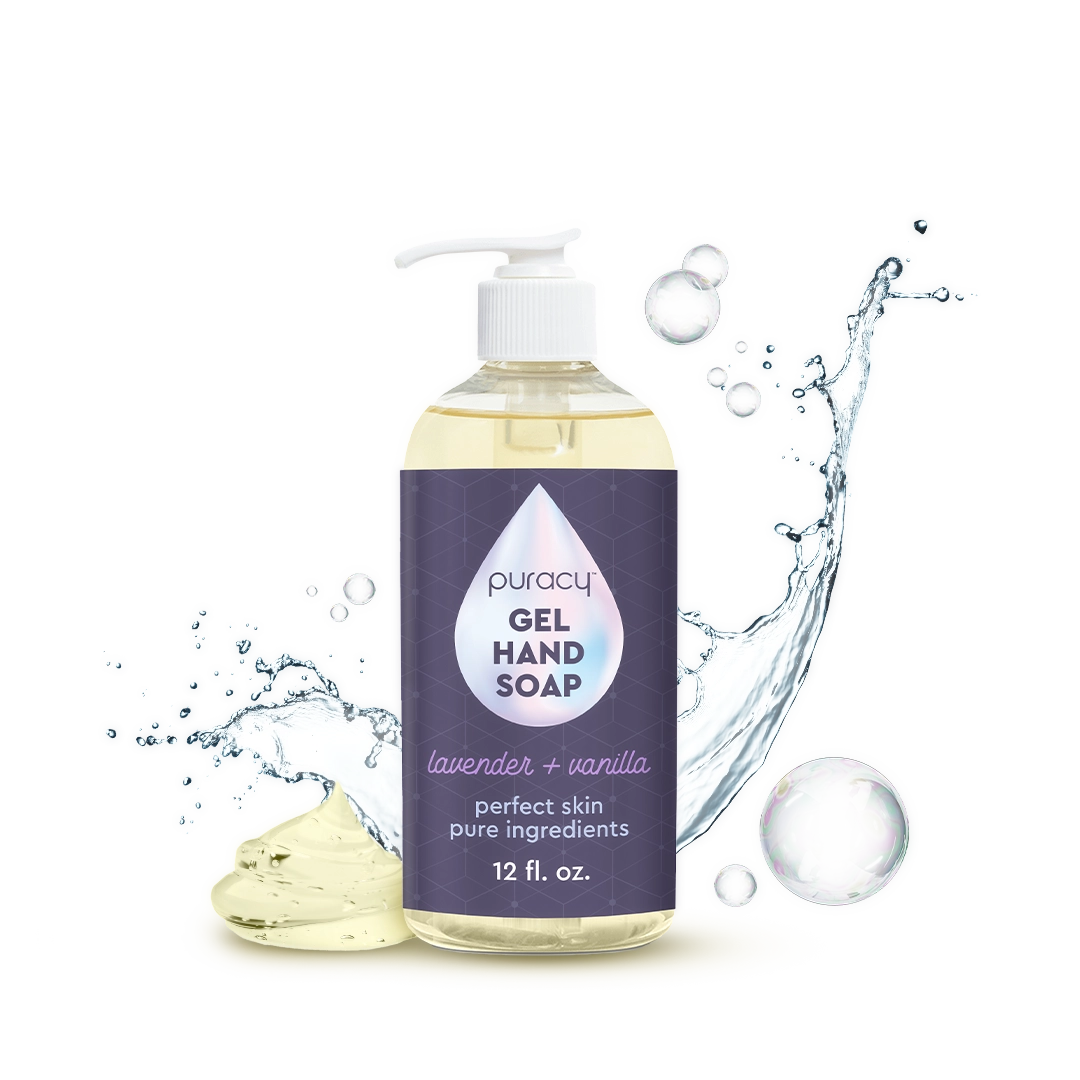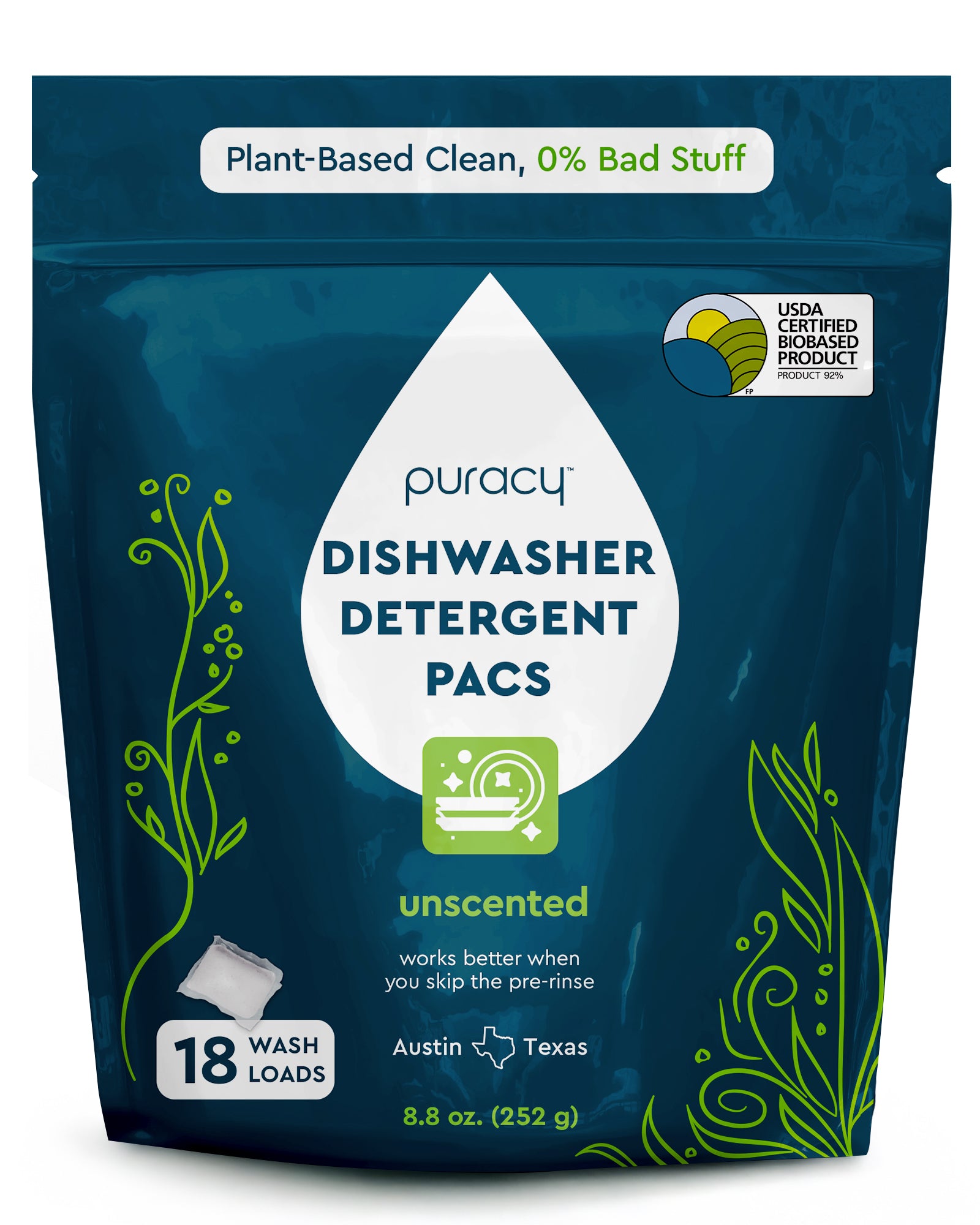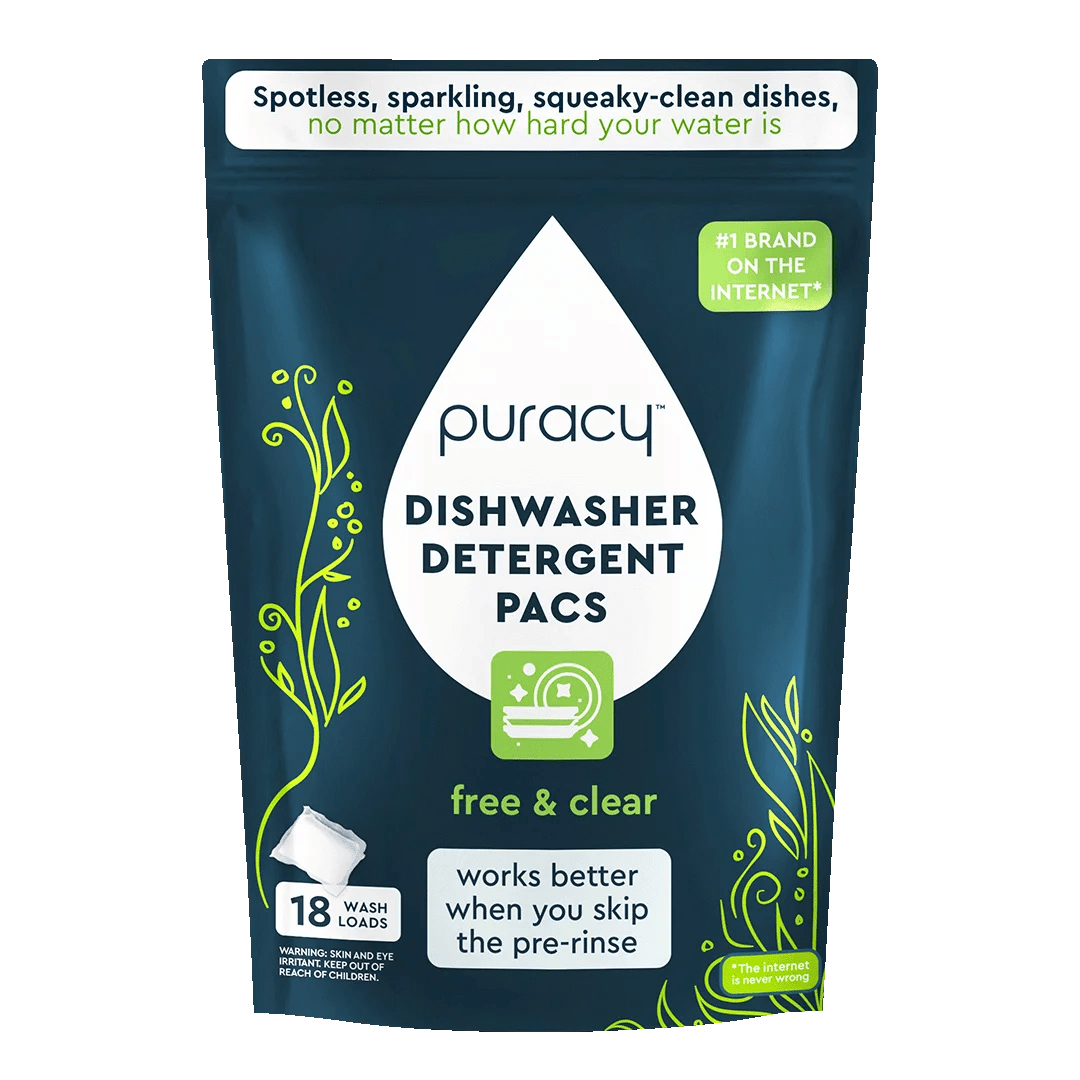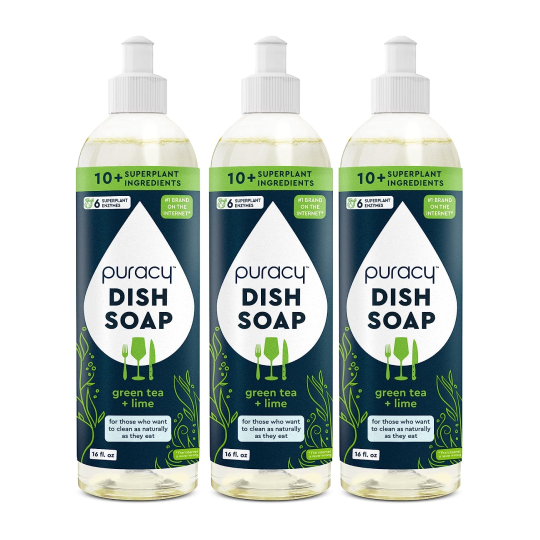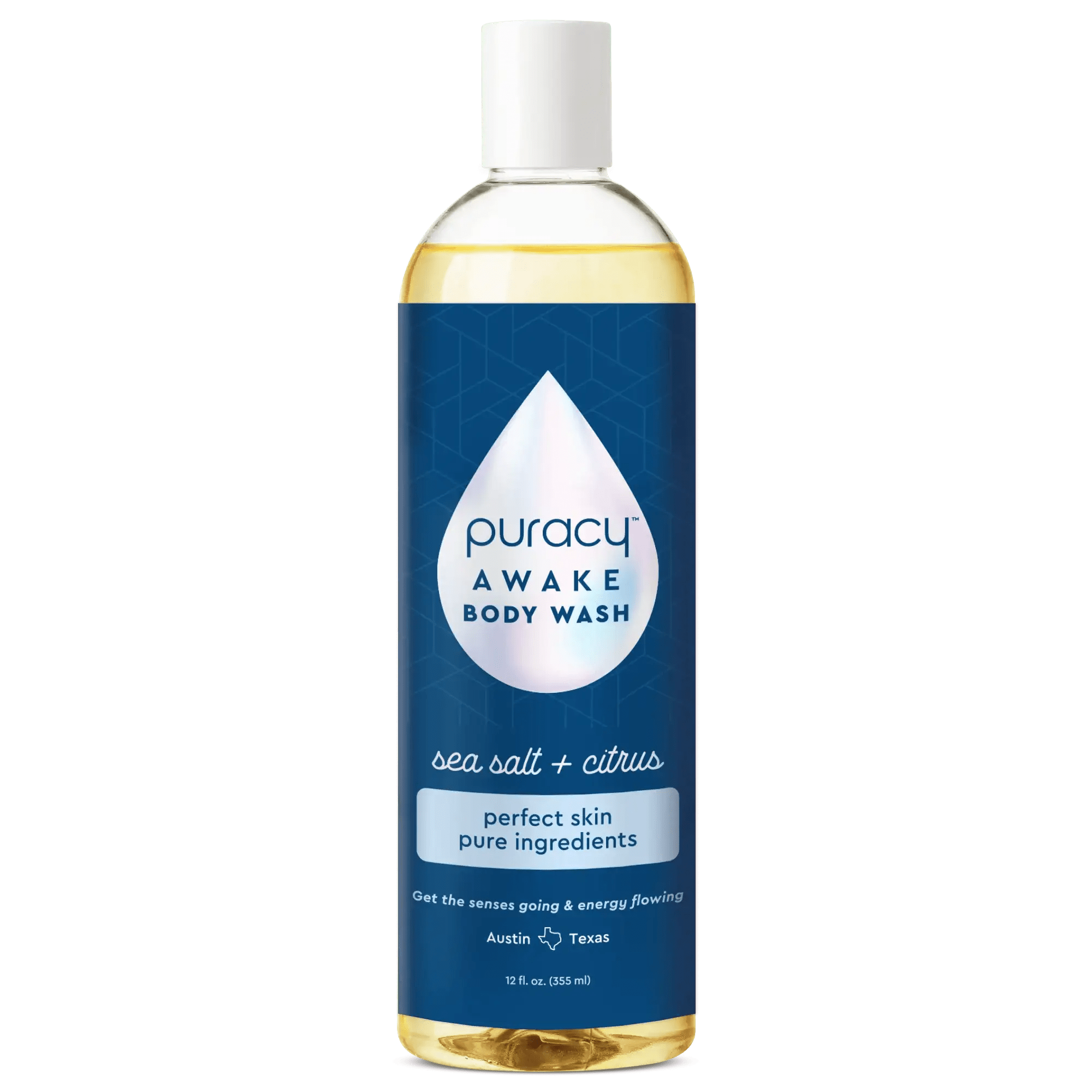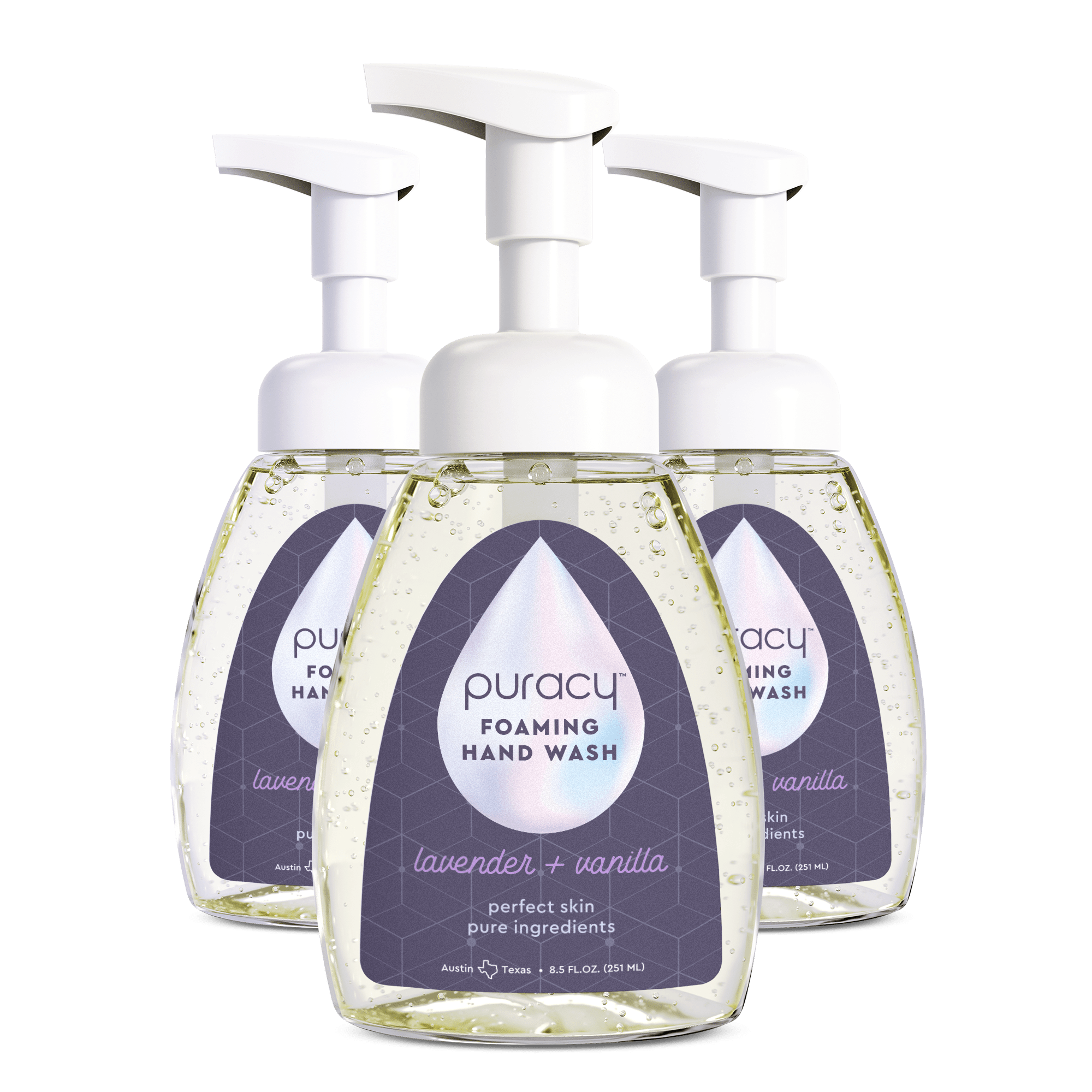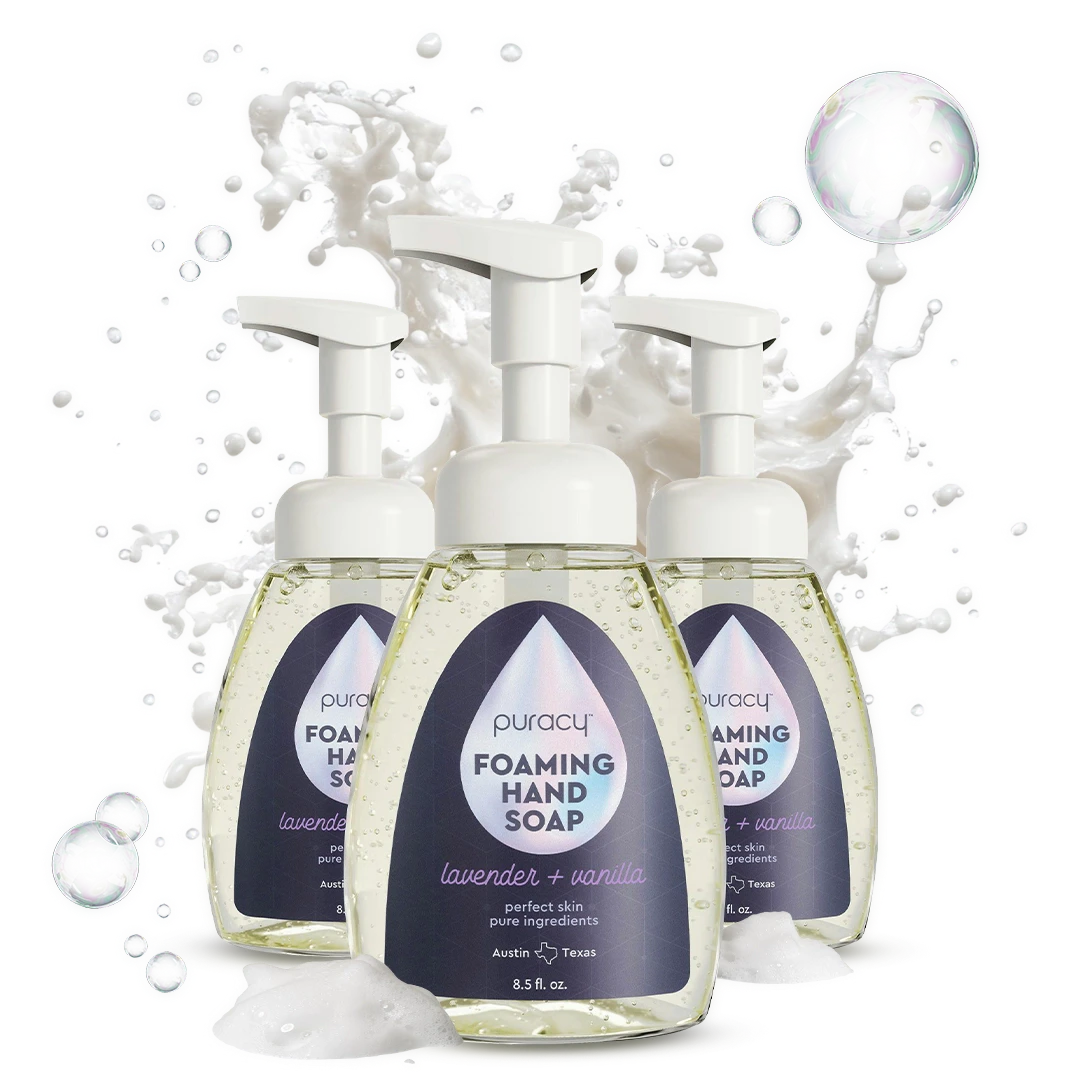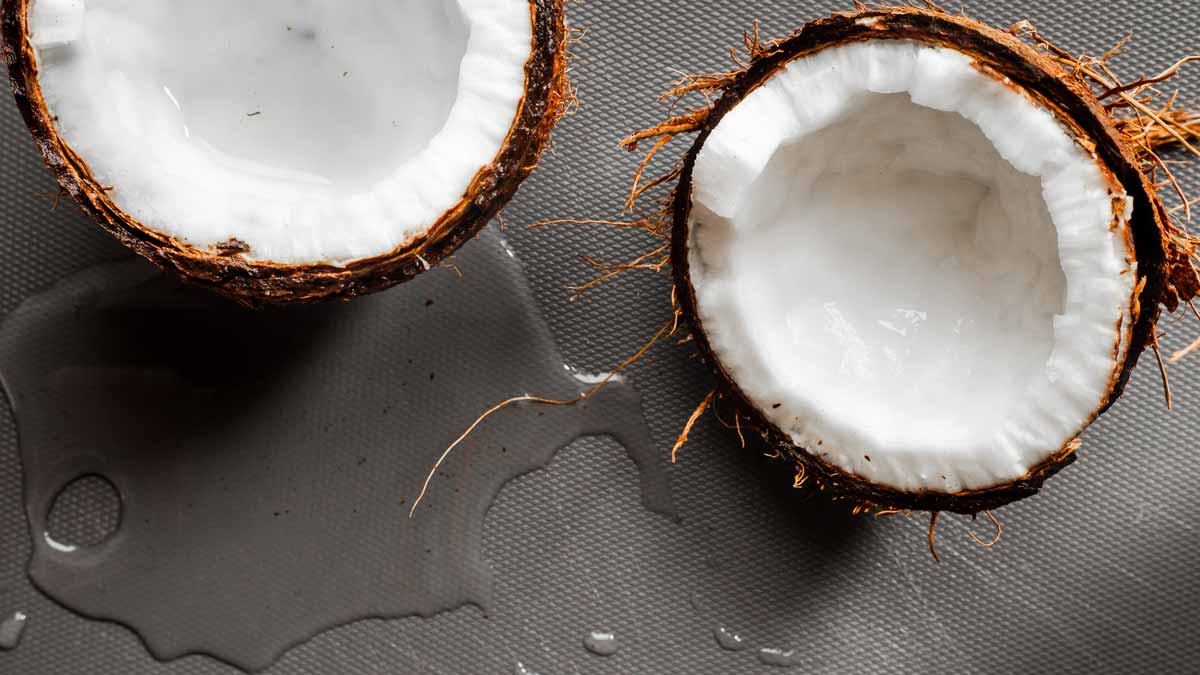Article: What “Non-Toxic” Actually Means
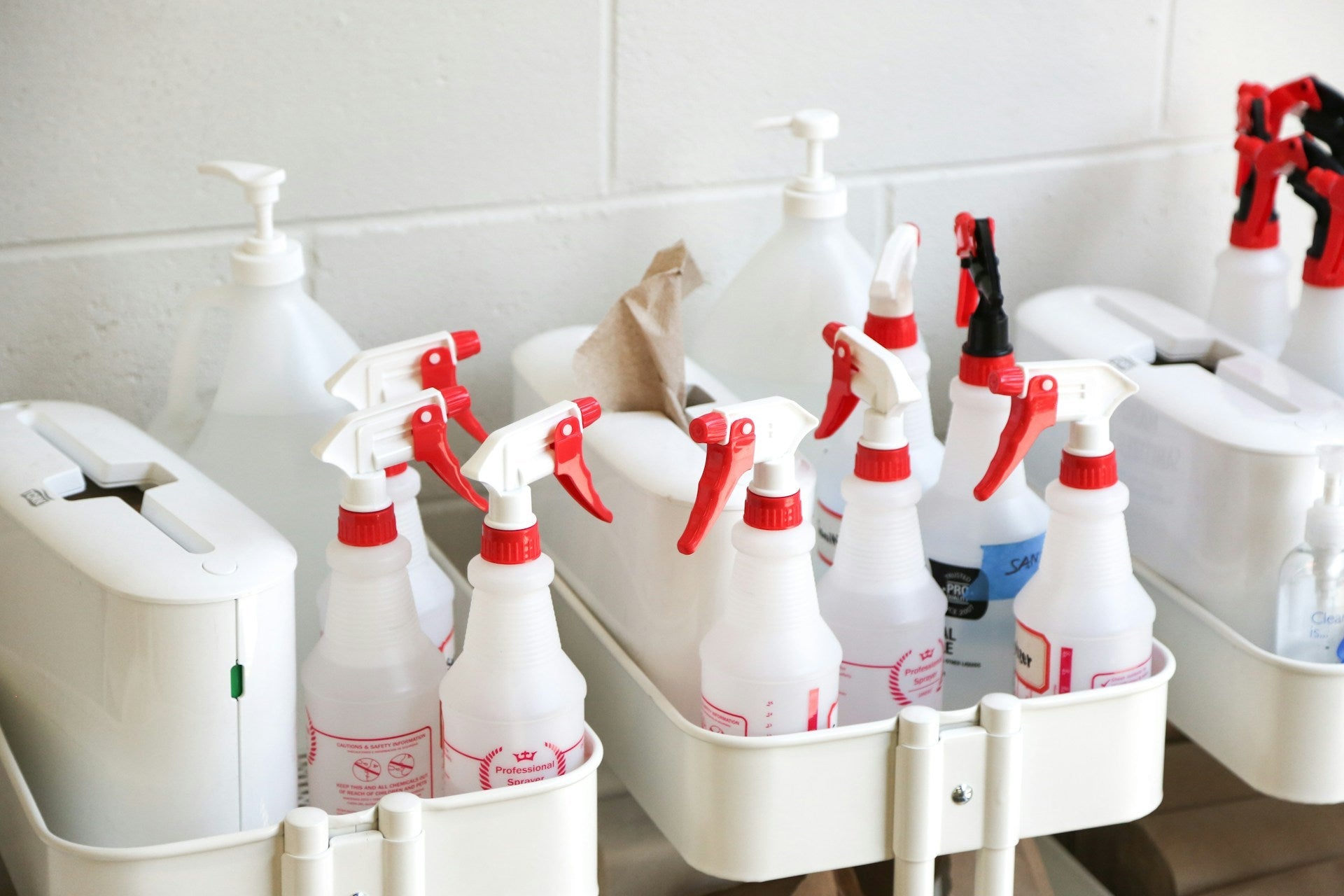
What “Non-Toxic” Actually Means
What “Non-Toxic” Actually Means
You’ve seen it before: non-toxic, clean, plant-based. These feel-good labels are on everything from hand soap to laundry detergent. But here’s the problem - they’re often used without clear standards.
At Puracy, we believe transparency should speak louder than trendy terms. So instead of throwing around claims like “non-toxic,” we focus on what we don’t use—and why that matters.
The Problem with “Non-Toxic”
In most cases, “non-toxic” is a marketing term, not a regulated safety standard. It sounds reassuring, but it doesn’t guarantee that a product is free from potentially harsh or questionable ingredients. In fact, many products labeled this way still contain synthetic dyes, sulfates, or harsh preservatives.
Rather than relying on unregulated language, we believe the best way to earn your trust is by showing you exactly what we leave out—and exactly why.
What You’ll Never Find in a Puracy Formula
We take a “no B.S.” (bad stuff) approach to our ingredient lists. That means no:
- SLS, SLES, or other harsh sulfates
- Caustic ingredients
- Synthetic dyes
- Chlorine bleach or ammonia
- Optical brighteners or petrochemicals
- Animal by-products or unnecessary fillers
- Phosphates or phthalates
Every formula is thoughtfully developed to leave out the stuff you don’t want, without compromising on performance.
What We Do Instead
Each Puracy product is powered by ingredients that are:
- Expertly sourced and screened using global safety data
- Formulated with plant-based cleansers, surfactants, and enzymes
- Balanced to work with your skin, surfaces, and fabrics, not against them
- Reviewed and refined by PhD chemists and medical professionals
Our goal is simple: to create products that clean effectively while helping reduce your exposure to harsh, synthetic chemicals. From dish soap to shampoo, everything we make is designed to be a high-performance essential with a transparent ingredient story.
Real-World Examples: What “Free-From” Looks Like
- Laundry Detergent: No brighteners, dyes, or hidden masking agents, just a concentrated formula that lifts stains and odors from everyday loads
- Surface Cleaner: Free from caustics and bleach, so it’s gentle on sealed surfaces and tough on messes
- Foaming Hand Soap: Made without synthetic fragrances or sulfates, just a smooth, rinse-clean lather you can use throughout the day
- Stain Remover: Enzyme-powered and dye-free, it’s formulated to go deep without relying on harsh solvents
Tips for Reading Ingredient Labels
When shopping for household or personal care products, here are a few ways to cut through the noise:
1. Look beyond the front label.
Just because something says “clean” or “green” doesn’t mean it avoids synthetic additives. Flip the bottle and read the full ingredient list.
2. Be cautious of vague language.
Terms like “fragrance” or “surfactant blend” may hide a cocktail of unknown ingredients. The more detail you see, the better.
3. Find your dealbreakers.
If you want to avoid certain ingredients (like sulfates or dyes), make that your baseline. Puracy’s ingredient glossary and product pages can help you check fast.
What We Stand For
We’re not here to scare you. We’re here to make it easier to choose better. With every bottle, we aim to give you cleaning and care products that are free from the stuff you don’t want—and full of the ingredients that work.
